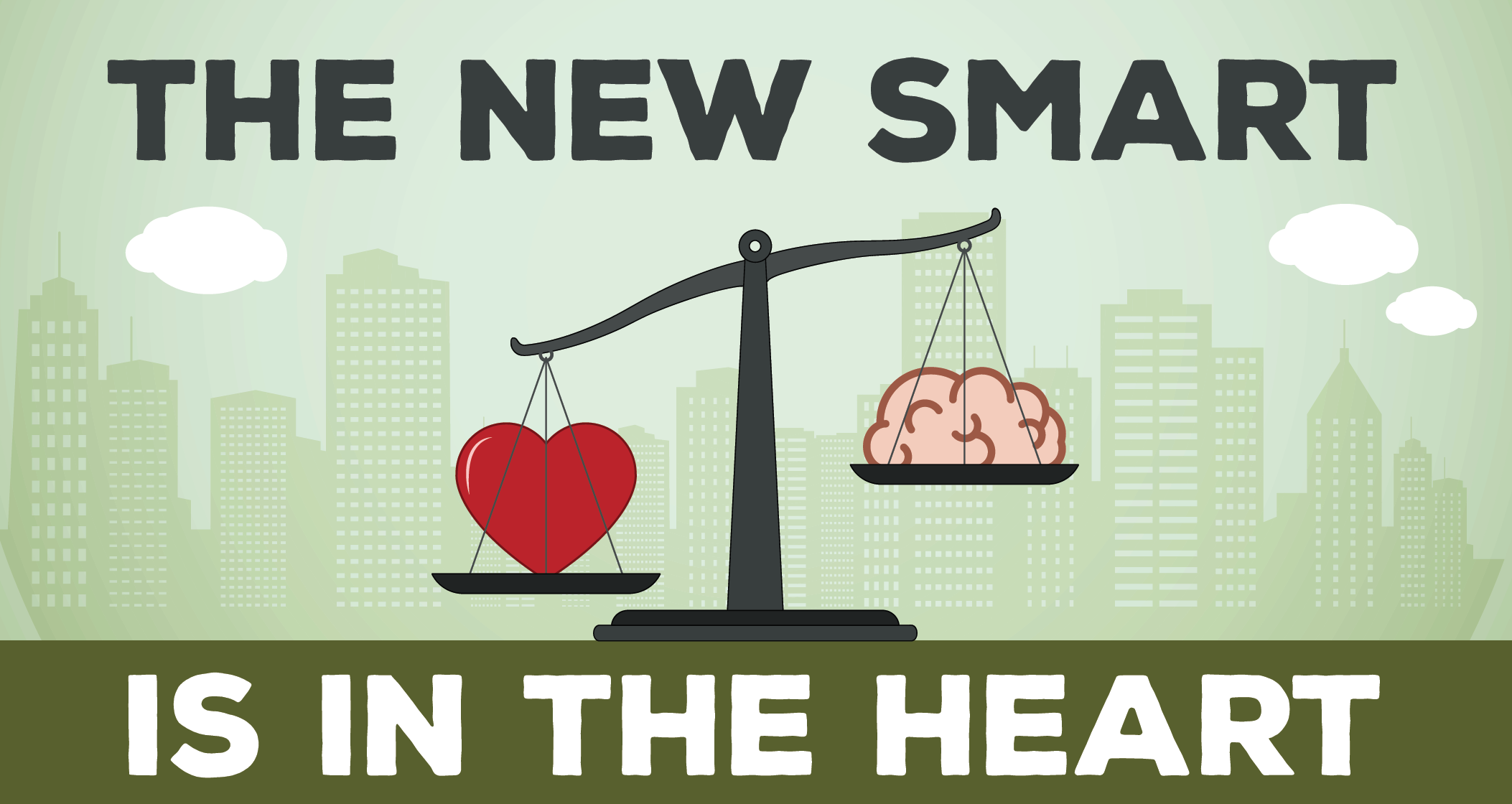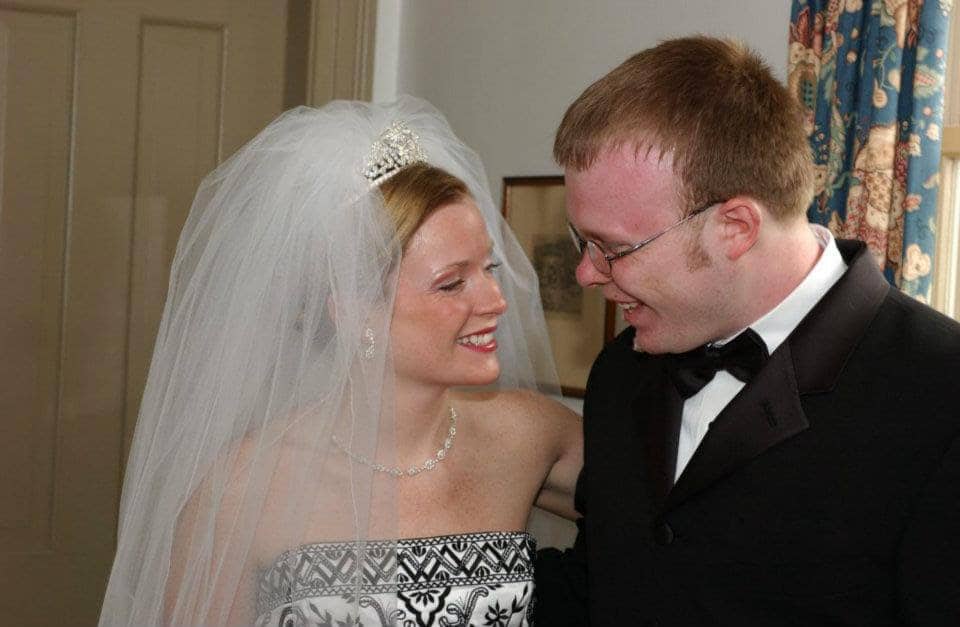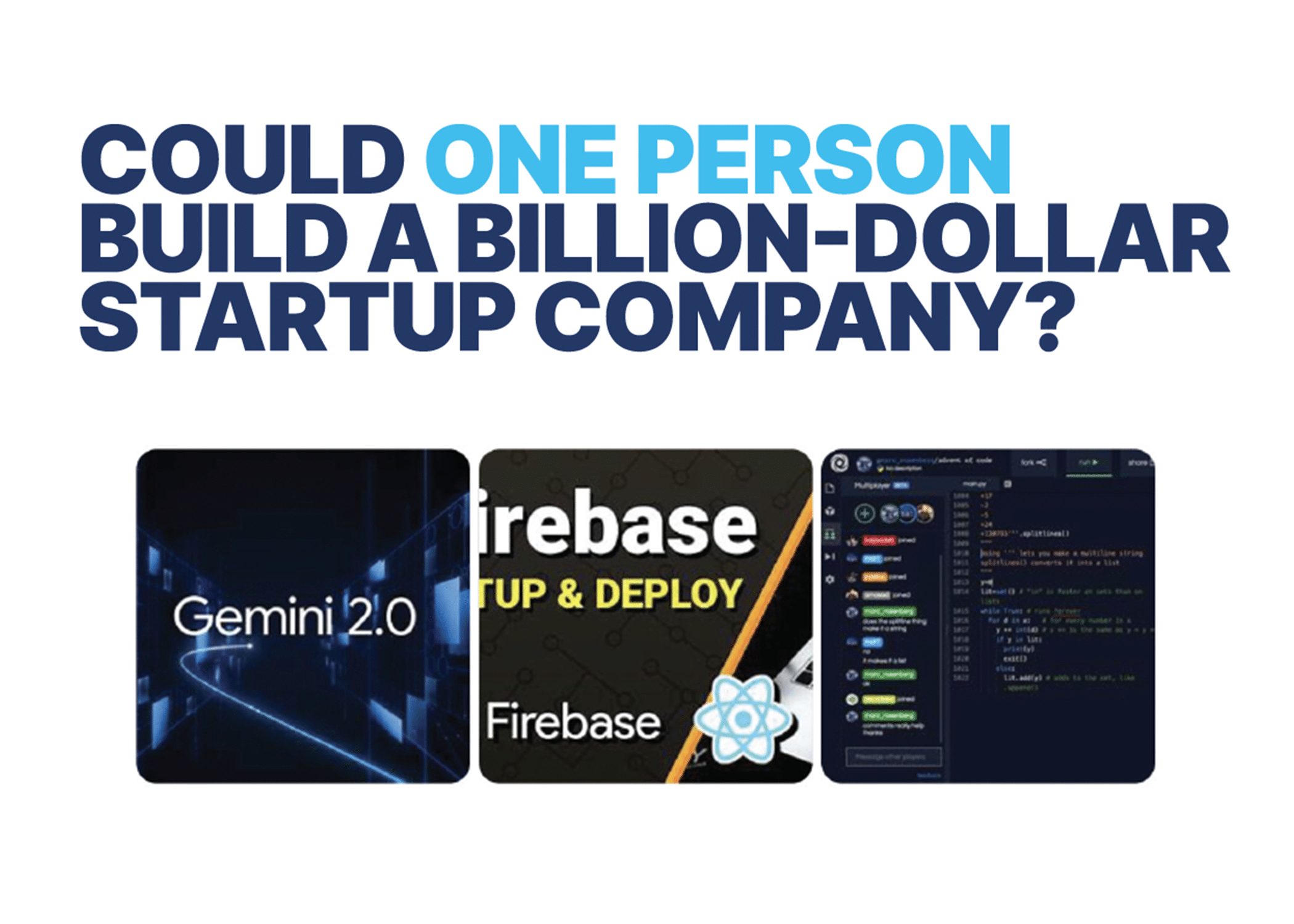It’s a frigid, stormy night. The rain is pouring down in sheets, making it difficult to see the road ahead of you.
You stop at a light and see three people sitting at a bus stop.
One is an elderly woman, shivering uncontrollably, clutching her cane as she coughs into a handkerchief.
One is an old friend you haven’t seen in years who once did you a huge favor.
One is the fantasized romantic partner of your dreams just waiting for you to come along.
You have a small convertible with only one passenger seat. To whom do you offer a ride?
Help the elderly lady? Repay the favor to your old friend? Meet your perfect mate?
If you have high emotional intelligence you’ll feel compelled to do all three.
Emotional Intelligence (EI) is a greater ability to recognize our own emotions and those of others, process this information quickly, and use it to adapt our behavior to various situations (like the bus stop example above).
The term was coined in 1964, but didn’t get much attention until 1995 when New York Times journalist Daniel Goleman wrote his bestseller, appropriately titled Emotional Intelligence (translated in 40 languages).
An expert on cognition and behavioral science, Goleman posits that EI is just as important as IQ (if not more so) for social and professional success.
He explains that EI is a learned skill that can be cultivated and refined over time, and is a key characteristic of leadership that drives optimal performance in the 21st century workplace.
As an example, emotional intelligence impacts income. Those with highly developed EIs are typically higher earners, averaging $29,000 more in annual earnings compared to those with underdeveloped EI. People with higher EI also have a higher net worth, travel more, and retire earlier.
You can train your brain to enhance your EI. Listen closely to what others are saying while carefully watching their eyes, body positioning, and facial expressions.
Be aware that what you’re hearing may be different from what they’re actually thinking. Being consistently conscious that one’s words might not reflect their true thoughts not only helps you decipher their real intentions, it trains you to do it naturally and intuitively in the future.
Over the last two decades, emotional intelligence has increasingly been referred to as “the new smart.”
EI is the new smart because it makes us more sensitive to situations and more inclined to find win-win solutions that work for everyone. It also helps us make better decisions because we are more understanding of the wants and needs of those around us.
Now, think back to the bus stop story. You want to help the elderly lady. You want to return the favor to the old friend. You also want to meet your future partner. How would you handle the situation?
If you have high EI, you’ll struggle. You’ll have a hard time settling, not achieving all three goals. It will drive you nuts. So you’ll force yourself to think: How can I do it all?
That’s why someone with high EI is more likely to solve the dilemma. What’s the solution?
Give up your warm and toasty driver’s seat to your friend if he agrees to drive the elderly lady home while you wait at the bus stop and start a conversation with the mate of your dreams. Your friend will come back and pick you up, at which point you can drive him home too. You did it all.
How high is your EI?
Remember, the new smart is in the heart.












